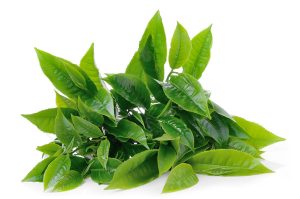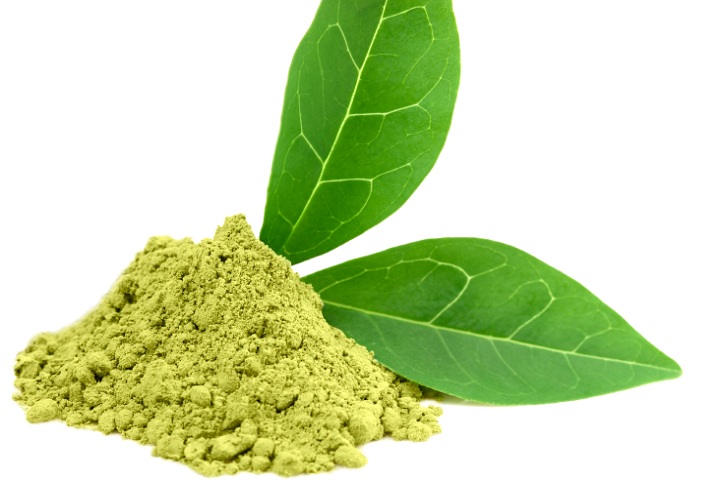Green-tea extract and bodybuilding pills pose a particular risk, study finds
 But a new review suggests that many herbal remedies and dietary supplements can also harm the liver, including some that you can easily buy online or over-the-counter in drug or health food stores.
But a new review suggests that many herbal remedies and dietary supplements can also harm the liver, including some that you can easily buy online or over-the-counter in drug or health food stores.
The study also found that injuries linked to those supplements are rising fast, jumping from just 7 percent of all drug-induced liver injuries in 2004 to about 20 percent in 2014.
Researchers looked at cases of liver damage reported to the Drug Induced Liver Injury Network, a program funded by the National Institutes of Health. Roughly 700 cases of liver damage were reported to the program during the period of the study; 130 of those cases were linked to dietary supplements. (That likely underestimates the extent of the problem, since the network tracks only severe cases of liver damage caused by drugs and supplements, and some cases may go unreported.)
The greatest risk seems to be with bodybuilding and weight-loss supplements, according to the report, which was published in the journal Hepatology by Victor Navarro, M.D., a liver expert at Einstein Medical Center in Philadelphia, and colleagues.
Those bodybuilding and weight-loss products were responsible for about half of the cases of liver damage linked to supplements, the study found. But the researchers said that some supplements marketed for depression, digestive upset, sexual performance, and other purposes were also implicated.
Most of the supplements contained multiple ingredients, so the researchers weren’t always able to pinpoint the harmful substance. In addition, dietary supplements are sometimes illegally spiked with prescription drugsor other ingredients that aren’t included on the label, making it even harder to identify the culprit, says Marvin M. Lipman, M.D., Consumer Reports’ chief medical adviser.
Have you had liver damage from a supplement?
Tell us about it below.
 in the new analysis, the researchers found that two substances did stand out as posing unique threats to the liver: anabolic steroids, which are are sometimes illegally added to bodybuilding supplements; and green tea extract, which is found in many weight-loss supplements.
in the new analysis, the researchers found that two substances did stand out as posing unique threats to the liver: anabolic steroids, which are are sometimes illegally added to bodybuilding supplements; and green tea extract, which is found in many weight-loss supplements.
The researchers were particularly surprised by the danger posed by green tea extract.
These supplements are not the beverage made from brewing tea leaves in hot water. Instead, they are pills containing concentrated amounts of particular compounds found in green tea, according to the United States Pharmacopeia (USP), an organization that tests and reviews dietary supplements.
Americans spent $140 million on green tea extracts in 2015, according to Nutrition Business Journal.
In the Hepatology study, products listing green tea extract—either as a single ingredient or as part of a blend—contributed to liver damage in 24 of the 130 cases linked to dietary supplements.
Other research suggests that up to 10 percent of people who suffer acute liver failure from green tea extract may die as a result, the researchers said.
Concerns about liver damage from green tea extract have prompted France and Spain to remove a weight-loss product containing the ingredient from the market, according to the USP. And green tea extract is one of 15 supplement ingredients that Consumer Reports has said everyone should avoid.
“As surprising as it may seem, manufacturers are not required to prove to the Food and Drug Administration that their products are safe, or that they’re effective for their advertised use, before they are sold,” says Chuck Bell, programs director for Consumers Union, the policy and mobilization arm of Consumer Reports.
Consumer Reports has long advocated for measures that would improve supplement safety and give the FDA greater authority to remove potentially harmful dietary supplements from the marketplace.
“The rising number of liver injury cases is yet more evidence that the loose regulation of supplements is putting consumers a

